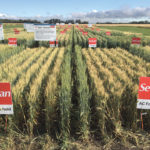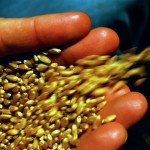SeCan was ahead of the curve when founded in 1976 — and still is today, says general manager Jeff Reid. “I think it is interesting that 40 years after SeCan was initiated, it seems in many respects to almost be just coming-of-age now, with all the talk about public, private and producer partnerships,” Reid said






